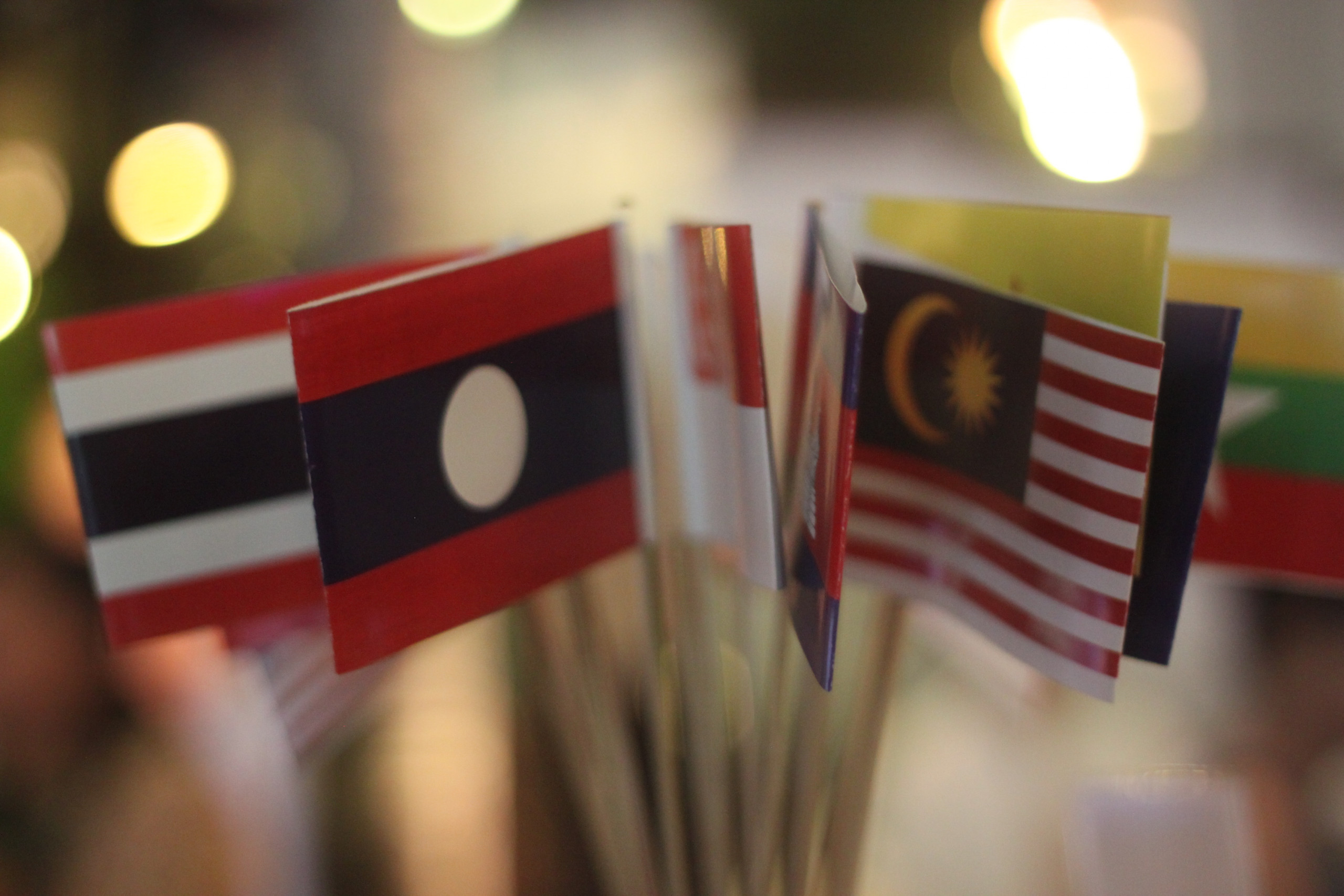By Lorenzo Riccardi
The war will have a direct effect on the Asian economies that have more trade with the countries in conflict, but it will be extended indirectly to the entire Far East region in relation to the impact on Europe-Asia economic relations
In addition to the suffering of the humanitarian crisis caused by the conflict in Ukraine, the entire global economy will have to face the effects of a direct impact in each region and increasing inflation.
Russia and Ukraine are among the largest producers of commodities, natural gas and oil, as well as accounting for 30 percent of global grain exports.
Russia is the third largest producer of oil, the second largest exporter of natural gas, and among the top producers of steel and aluminum.
Ukraine is one of the top producers of corn, wheat, sugar beet, barley and soybeans; their strategic role is interconnected with many countries and regions of the world.
In recent weeks many reports have been published by major financial institutions on estimates for trade, investment and economic growth, from the International Monetary Fund, to the World Bank all estimates predict a slowdown caused by the conflict.
The war will have a direct effect on Asian economies that have more trade with the countries in conflict but will be extended indirectly to the entire Far East region in relation to the impact on Europe-Asia economic relations.
China, according to official customs data, reported trade volume with Russia to be $147 billion in 2021 with an increase of 36 percent year-over-year, while trade with Ukraine was $19 billion in 2021, an increase of 30 percent on aggregate trade. These figures represent smaller percentages than trade with Beijing's major trading partners, which are the Southeast Asian region, the ten ASEAN economies, the European Union, and the United States.
The immediate effects on the economy could be less due to the fiscal stimulus sought by Beijing to promote the 2022 growth targets and in relation to the fact that trade with Russia amounts to less than 1% of gross domestic product. However, commodity prices and weakening demand in major export markets pose a challenge.
In the face of intensifying sanctions by Western countries, the Russian leadership will increasingly look to Beijing to promote new trade flows and new financial instruments with the CIPS international payments system alternative to SWIFT and the Chinese yuan as a currency replacing the U.S. dollar.
La posizione della Cina non è né di condanna né di supporto verso la Russia, si è però espressa a gran voce contro le sanzioni, ritenendole inefficaci per la risoluzione del problema. Questa posizione è diffusa in quasi la totalità dell’Asia Pacifico con l’unica eccezione per Giappone, Sud Corea, Singapore e Taiwan in Asia e Australia, Micronesia, e Nuova Zelanda nel Pacifico; che sono stati inseriti da Mosca in una lista di paesi e territori ostili per aver aderito alle sanzioni.
For the ASEAN bloc, trade with China accounts for 20 percent of international trade according to 2021 data compared to 11 percent with the United States and 8 percent with the European Union, so some analysts are estimating a possible increase in intra-regional economic interaction in the Far East. The volume of trade with countries at war will be strongly impacted but among Asian economies only Vietnam and Japan have a surplus in the trade balance with Russia and Ukraine and in general the weight of the volume of trade with these countries occupies smaller shares of the local gross domestic product.
Asian countries have various levels and types of exposure to the Russian and Ukrainian economies, with greater criticality given by the increase in prices in the energy and food sectors as well as shocks to the manufacturing supply chain that will have a different impact on countries in the region.
Russia is a major energy exporter, but the direct exposure of ASEAN member countries in this regard is quite limited. ING Bank has issued a report estimating the impact of the war on Asian economies with indicators related to trade, exports, oil and gas supplies and food price increases and with a ranking of the most affected Asian countries in order of importance: Vietnam, Thailand, Japan and South Korea.
According to the Asian Development Bank, the main impact of the conflict on the economies of Southeast Asia will not be on growth, but rather will affect the inflation rate. According to the World Bank, the countries in the region that will see the most growth will be the ones that have the highest rate of inflation.
In its April outlook, the International Monetary Fund predicted a slowdown in the global economy due primarily to conflict. The IMF report forecasts a change in global growth from +6.1 per cent in 2021 to + 3.6 per cent in 2022, with effects also on the emerging Asia region, which will go from an increase of 7.3 per cent in 2021 to a performance of 5.4 per cent in 2022.
L’autore
Lorenzo Riccardi teaches at Shanghai Jiaotong University and is managing partner of RsA Asia (rsa-tax.com). He has been living in China for 15 years where he follows foreign investments in the Far East and has held roles in the governance of the largest Italian industrial groups. In January 2020 he completed a project to travel to every country in the world collecting economic trends and data from Shanghai, in every region, along the new silk routes (200-economies.com).






